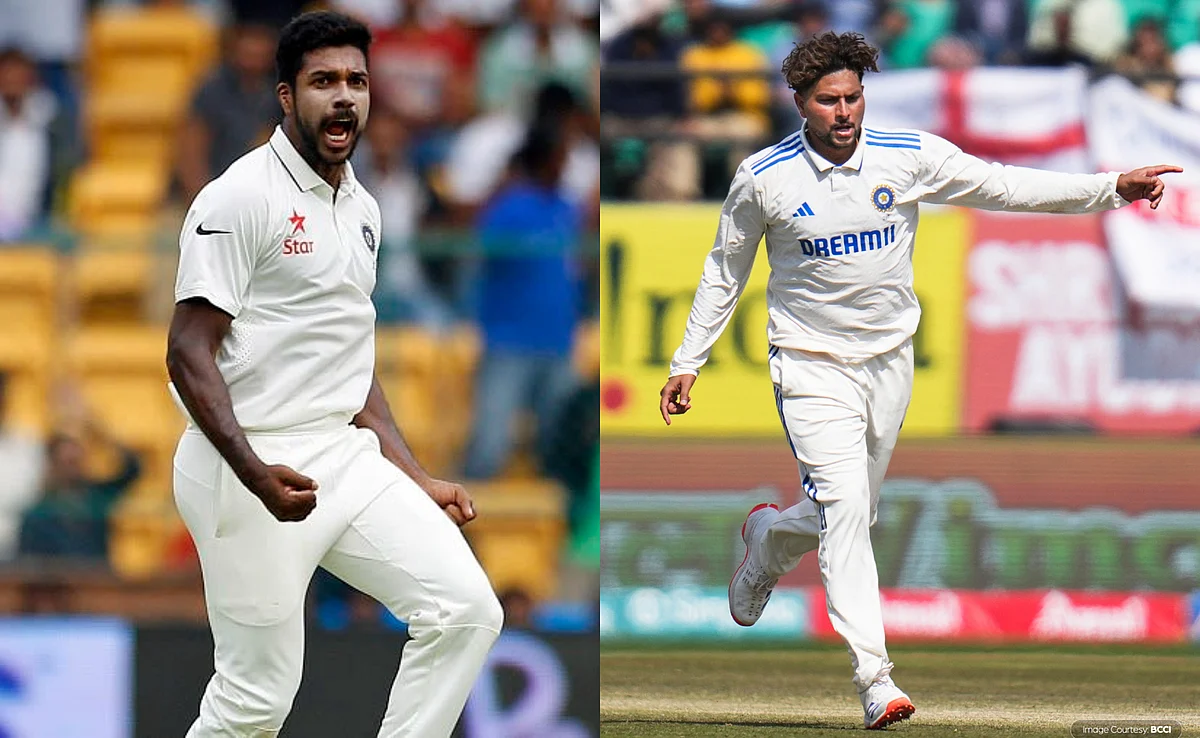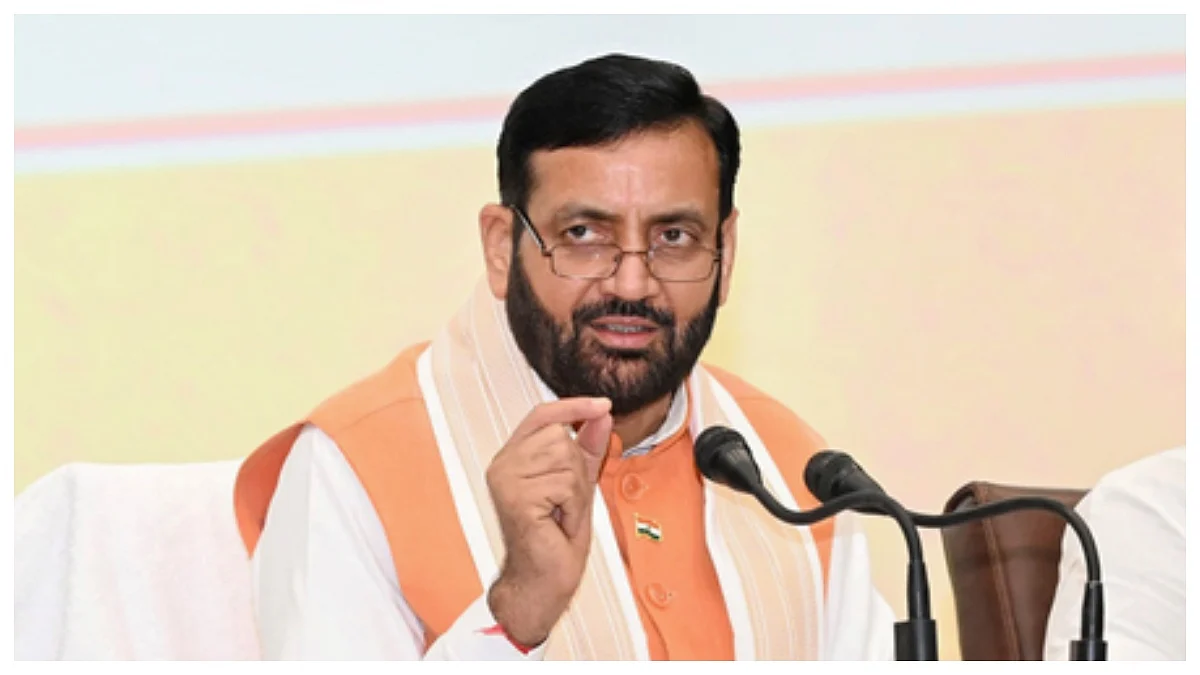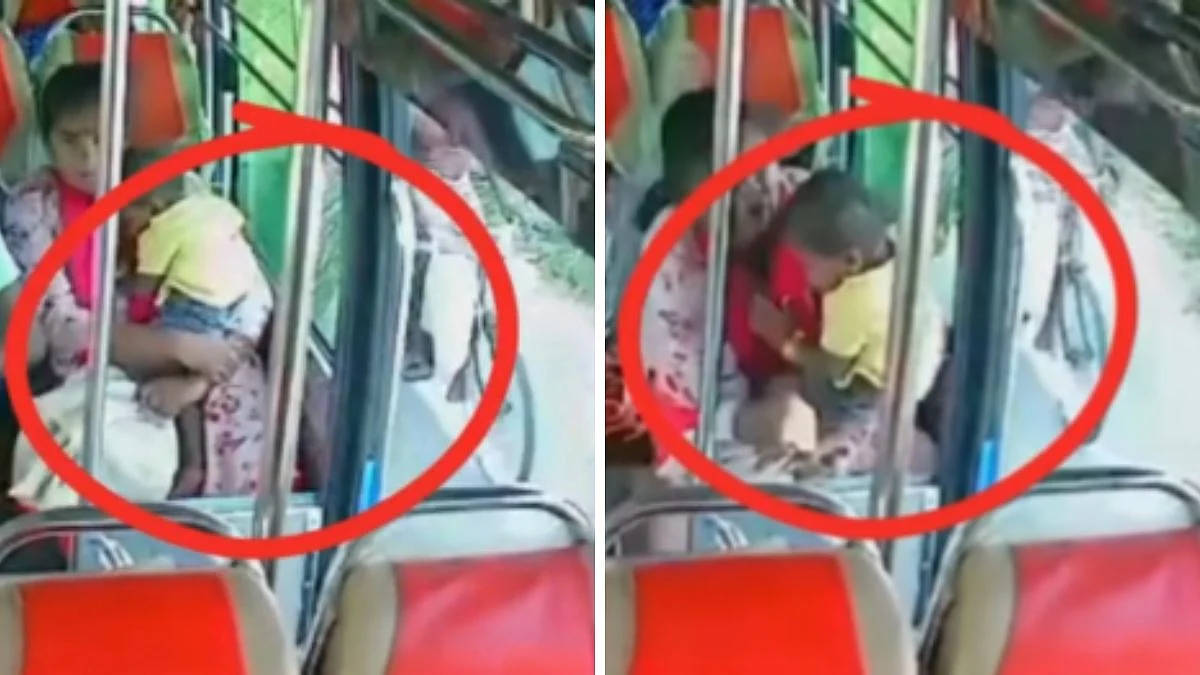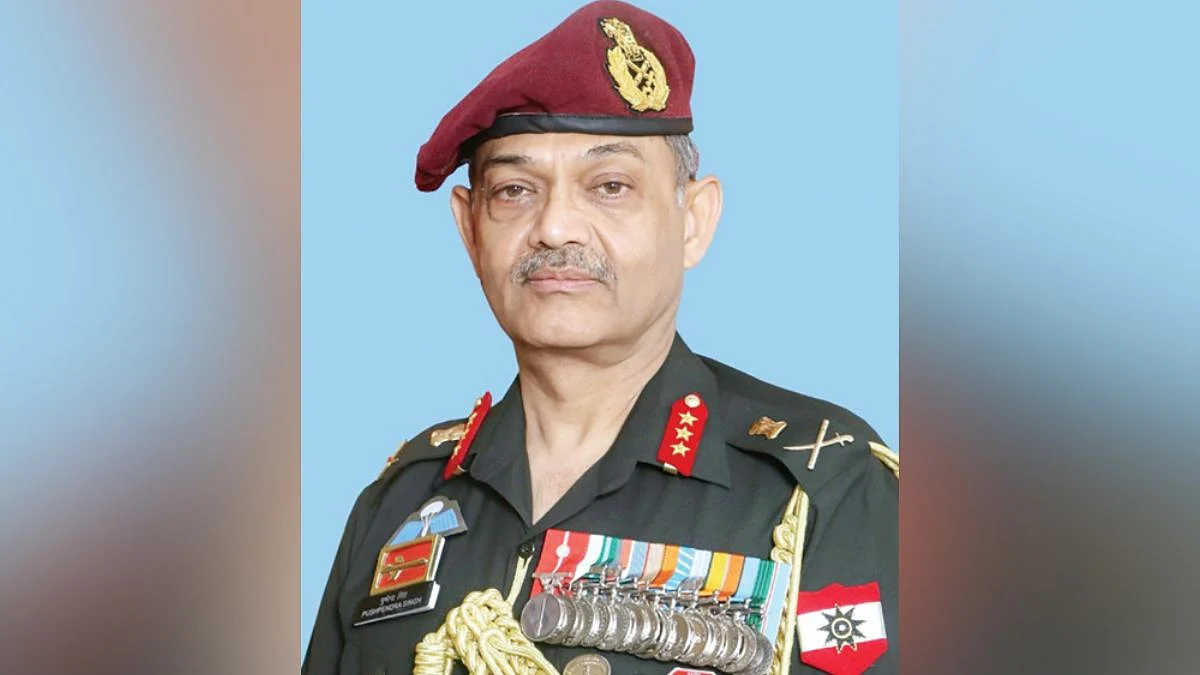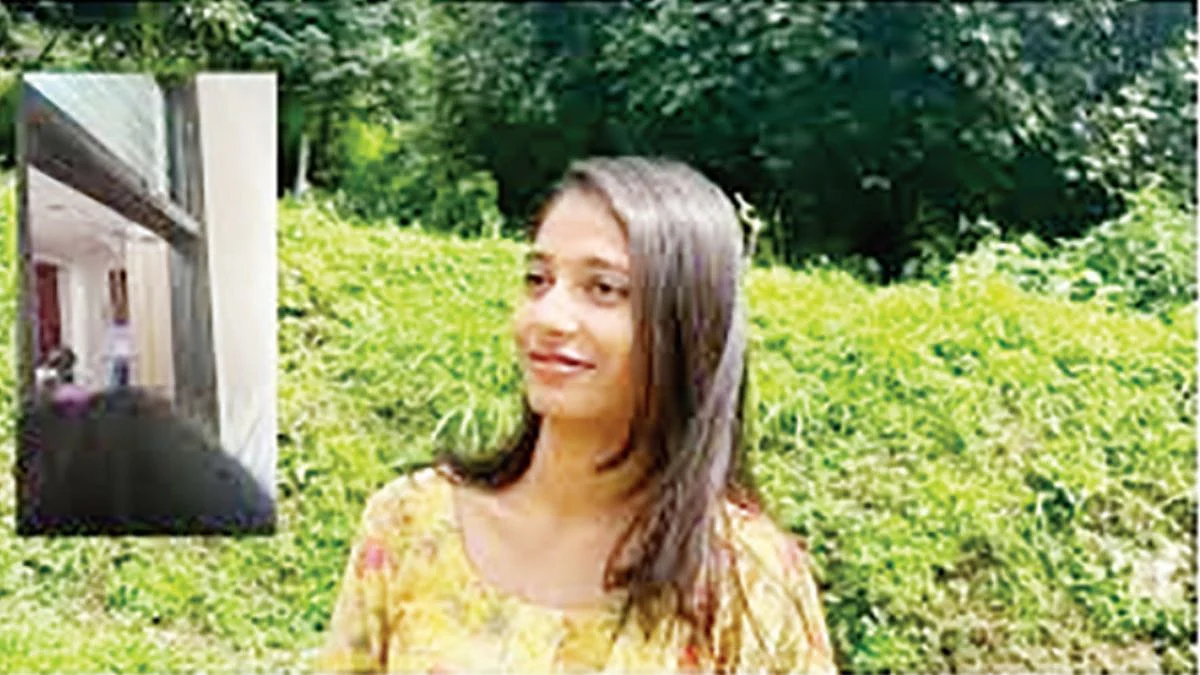In an intense and emotional conversation with Free Press Journal Executive Editor Afrida Rahman Ali, veteran journalist and Shillong Times Editor Patricia Mukhim reflects on the disturbing murder of Raja Raghuvanshi, the role of the media, the social fallout in Meghalaya, and the quiet efficiency of the state police.
Mukhim, who has been closely following the case from Shillong, shares ground-level insights and a passionate critique of how national media’s insensitivity and racialized assumptions have hurt the people of the Northeast.
Here are edited excerpts from the interview:
Afrida Rahman Ali: Patricia, let’s begin with what’s happening on the ground. Shillong is under national spotlight. What is the situation like?
Patricia Mukhim: It’s chaotic. The police are under immense pressure, especially the SP of East Khasi Hills. I just posted on Facebook how relentlessly he’s being hounded by national media crews. There is a way to question someone; you don’t interrupt an ongoing investigation with a barrage of questions. It shows a complete lack of respect for due process.
Afrida: You’ve raised concerns about how the media is treating grieving families. What exactly have you observed?
Patricia: It was painful. I saw reporters thrusting earpieces into the ears of Raja’s mother repeatedly. The woman has just lost her son, and she’s not even being allowed to grieve. We’ve become a media culture with zero empathy and complete apathy.
Afrida: You also wrote passionately about the kind of narratives that emerged—painting tribal communities in Meghalaya as unsafe. What’s your response to that?
Patricia: It was insulting. A relative of the victim made deeply derogatory remarks—calling us “barbarians,” saying we should be thrown out of the nation. Imagine saying such things about an entire people without any basis. There were even suggestions that Sonam had fled to Bangladesh or Nepal. This stereotyping is dangerous.
Afrida: Even the Times of India referred to Meghalaya as “crime-prone hills.” What has been the local reaction?
Patricia: That’s what triggered outrage. How can a national paper write that without any crime data to back it up? People here were livid. Women came out in protest. Civil society groups condemned the language and demanded accountability.
Afrida: Amidst all this, we saw a dignified candlelight vigil in Sohra (Cherrapunjee). Yet most media ignored it. Why does this matter?
Patricia: Because it reflects who we are. The people of Sohra gathered peacefully to show solidarity. It was a deeply cultural, empathetic act. But of course, it wasn’t sensational enough for the media, so it didn’t make it to TV screens.
Afrida: Despite the chaos, the Meghalaya police cracked the case in record time. How did they manage that?
Patricia: They worked silently but thoroughly. They were supported by national and state disaster management forces and even local mountaineers. These young men rappelled into dangerous terrain. One of them told a reporter, “My mother said, if you’ve trained so hard, use it to help.” That’s the kind of commitment we saw.
Afrida: Do you think the state should file defamation cases against media houses that maligned Meghalaya?
Patricia: Some civil society groups are demanding that. A few media outlets have already apologized. Whether to go ahead with legal action is a call for the government. But the damage done to our reputation is real.
Afrida: Sonam Raghuvanshi has reportedly confessed. Do you see this case moving quickly through the courts now?
Patricia: Not necessarily. The legal process takes time. The police need to file a watertight chargesheet. Even after a confession, defense lawyers will try to discredit parts of the investigation. Let’s not rush it.
Afrida: One aspect that shocked many was the fact that a woman planned her husband’s murder right after marriage. How is this being viewed locally?
Patricia: For us in Meghalaya, where we don’t have arranged marriages and women are quite empowered, this was shocking. Why marry someone if you didn’t want to, and then plan his murder? What kind of conscience does that take? It’s a complete betrayal of the values we hold.

Afrida: Lastly, what does this mean for Meghalaya’s tourism image?
Patricia: Initially, there was panic. But I’ve met tourists from Tamil Nadu and elsewhere who said this doesn’t define a state. We do, however, need to enforce guided tours for tourists going into remote areas. But no, Meghalaya is not “unsafe” because of one case.
Afrida: Patricia, thank you so much for sharing your insights.
Patricia: Thank you. It’s important to speak out when things go wrong, and I’m glad we had this space to reflect.

